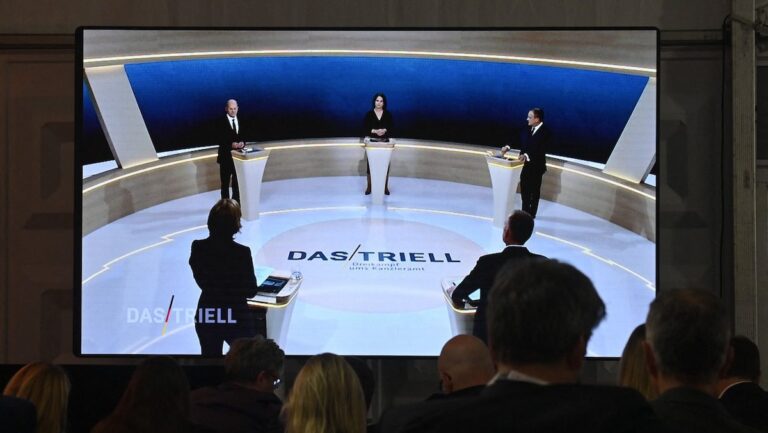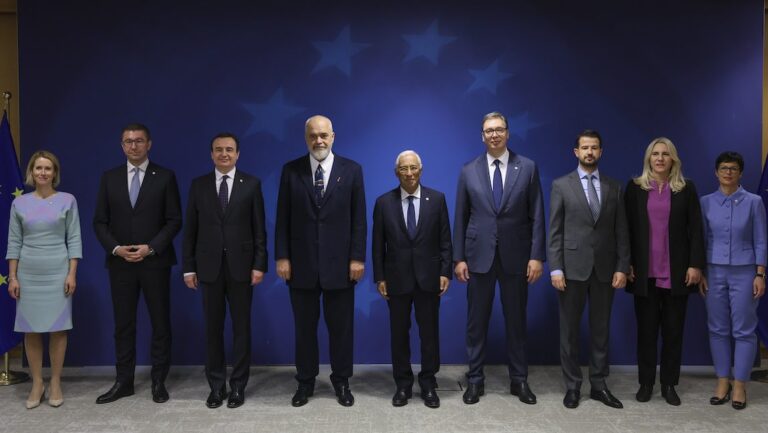The meeting on February 1st between President Vladimir Putin and Prime Minister Viktor Orbán in Moscow drew criticism beforehand from Orbán’s political opposition. According to The Telegraph, a letter from six Hungarian opposition parties called the meeting “treasonous.” The website Balkaninsight.com reported them as labeling the meeting “contrary to Hungary’s national interests.”
Meanwhile, Deutsche Welle points to energy policy as a key topic for the Putin-Orbán meeting. Hungary imports natural gas from Russia, seeks to stabilize predictable energy supply for the Hungarian economy, and has a contract with Russian state-owned nuclear corporation Rosatom to expand nuclear power in Hungary. According to the €12-billion project, which has suffered from delays, Rosatom is expected to build two new reactors at the Paks atomic energy station 127 kilometers south of Budapest.
Prime Minister Orbán has been criticized for his regular meetings with President Putin; he is specifically attacked for developing too close of a relationship between Hungary and Russia. The term “Trojan horse” has been used in reference to Budapest-Moscow relationships: in 2020, then in February last year by France24, and most recently in the aforementioned Balkaninsight.com story. Each story provides different, unsubstantiated suggestions as to how Hungary functions as a Russian interest inside the European Union.
In 2021, Hungarian Foreign Minister Péter Szijjártó received the Order of Friendship from his Russian counterpart, Sergei Lavrov. In a comment at the ceremony, Mr. Szijjártó pointed to the benefits for Hungary that come from its strong bilateral relationship with Russia. It helped Budapest manage fluctuations in energy prices, he noted, and it allowed the Orbán government to buy Sputnik vaccines against the coronavirus.
In 2019, Hungarian exports to Russia were worth $2.1 billion, with packaged pharmaceutical products as the leading product. In return, Russia sold $1.9 billion worth of crude oil to Hungary as part of total exports worth $4 billion. Exports to Russia represent approximately 1.6% of total Hungarian exports, while imports from Russia account for approximately 3.5% of total imports to Hungary.





